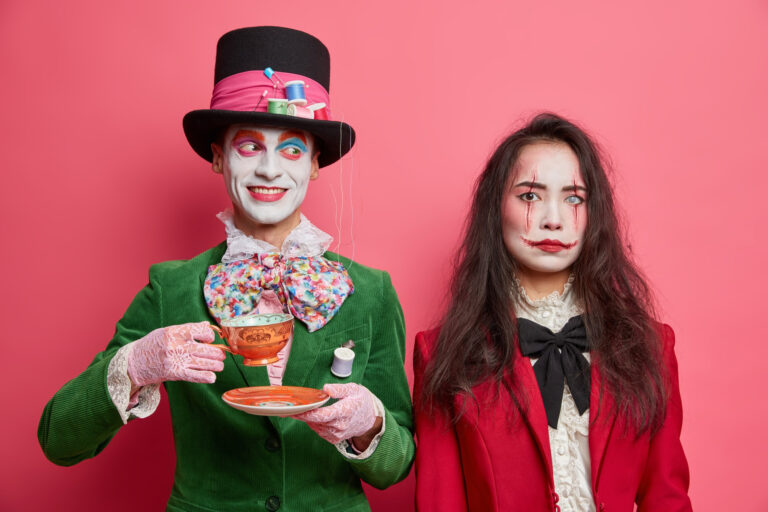Annually on May 6, the United States celebrates National Nurses Day in order to commend the work and roles of nurses. The day starts National Nurses Week. Festivities take place through dinners, proclamations, banquets, occupation awareness, and educational programs. Some employers, patients or others might gift nurses with gifts, such as candy or flowers. The holiday is also called National RN Recognition Day.
The main goal of the holiday is to commend the efforts that nurses take to not only care for patients but to educate concerning health and their profession. The holiday is supported by The American Nurses Association by interaction with health care providers, health education programs, nurse associations, and other institutions.
Holiday History
In 1953, Dorothy Sutherland, a U.S. Department of Health, Education and Welfare official, sent a proposal for “Nurse Day” to President Eisenhower, who did not approve the idea. However, a celebration of National Nurses Week occurred the next year in October, the date of Florence Nightingale’s travels to Crimea, where she helped to revolutionize the field of nursing during the Crimean War.
President Nixon held a one-time National Nurse Week in 1974, with the official National Nurses Day passed by Reagan in 1981. In 1991, this was expanded to National Nurses Week, although casual commemoration of the holiday continued since the one-time official observance in 1954.
About Florence Nightingale
Florence Nightingale is considered by many to be the founder of professional nursing. Nightingale was born on May 12, 1820 in Tuscany to wealthy parents. This allowed for Nightingale to receive quality education, acquiring mathematic and analytical skills that allowed for work with statistics and social reform. From an early age, she felt called to help other people, turning down any offers of marriage to devote her life to this calling. She went on to nursing school in German, then taking a position as a nurse in London. In less than a year, she was superintendent. It is here that she began a focus on the improvement of hygiene, believing it could prevent the spread of disease.
When the War of Crimea broke out, which was Britain’s fight against Russia for control over the Ottoman Empire, the hospitals did not have any female nurses due to the war office’s impression of female nurses hired for wars before. After public outrage at the soldiers’ lack of medical care, Sidney Herbert, the Secretary of War, requested that Nightingale put together a group of nurses to serve in Crimea. She quickly turned around the British hospital’s appalling conditions through intense cleaning of the actual building and constant care of the wounded. The soldiers called Nightingale “Lady with the Lamp,” due to her constant making of rounds at night with a lamp.
Nightingale went on to continue social and hygienic reform, establishing St. Thomas’s Hospital and its Nightingale Training School for Nurses with money granted to her by a prize presented by the Queen. She died at the age of ninety in 1910.













































